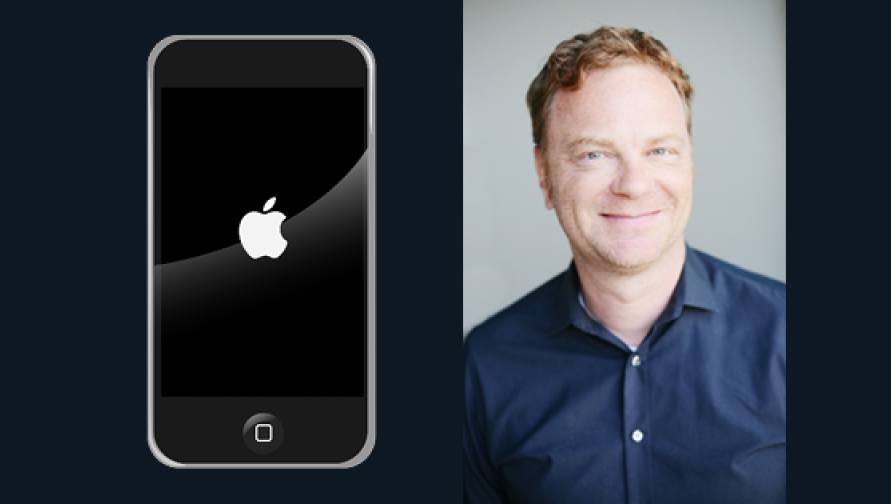
On January 9, 2007, Steve Jobs revealed the first ever iPhone at the Macworld convention. Calling it a “revolutionary mobile phone,” Jobs highlighted the phone’s touch-screen capabilities and integration with the Internet. Six months later, it was released to the public and a new or revised version has come out every year since then.
Over the past 10 years, iPhones have become ubiquitous across the globe and Apple itself synonymous with the convergence of design and technology. But Peter Krapp, professor of film and media studies at the University of California, Irvine, wouldn’t call an iPhone a “smart” phone. Likening them to the slab monolith from the film, “2001: A Space Odyssey,” Krapp believes today’s smart phones represent design and aesthetic more than they do any real technological advancement; however, the iPhone’s design simplicity may in fact obscure how much control it actually has on user behavior and data.
“iPhones are only a telephone if they’re a part of a network; they’re only an email device if they’re a part of a network; they won’t provide Internet access without Wi-Fi; etc. So, by themselves, iPhones offer very little. What they are is a control device that bounds you to service providers,” said Krapp.
This is itself a design component that Krapp believes should be discussed more frequently. What does it mean to design a phone that is a host for applications and web-based services and how does that design change for phones going to different parts of the world where certain functionalities are valued more than others? We may forget, for example, that the first-generation iPhone was only compatible with the wireless carrier AT&T. Across the globe, Krapp says, smart phone technology changes to accommodate different needs, but the services don’t necessarily translate across borders. Krapp recalls, for example, having downloaded the app CityMapper in Europe, but being unable to download it once he returned to the states. In Africa, smart phones are used frequently for the transfer of funds through bank accounts (and even to pay parking meters)—in the U.S., we have yet to incorporate our iPhones in the same way.
If the iPhone is intuitive and easy enough for a three-year-old to use, says Krapp, there has to be a level of decision-making that occurs in the development stage that is inaccessible to consumers. “It is the iPhone’s infrastructure that makes the simplicity of the interface plausible. In the design phase, developers are asking, ‘how much can you subtract from the user interface and put elsewhere?’ We see this with autocorrect. It’s already nearly impossible to type on your device using a virtual keyboard, so autocorrect speeds up the process, but carries its own difficulties. In other words, this guessing game has to be engineered somewhere in the background, so that the front-end can be really easy. I think that is the success story of the iPhone and is why it has been so colonizing over the last decade,” said Krapp.
Then there’s your personal data. Krapp is a cyber-security expert in addition to a film and media studies scholar, and is quick to point out that phone users are required to give away their private information in exchange for services in a way that users are still often in the dark about. Uber, for example, is a popular ride-sharing app that has received criticism in the media for its use of users’ data; and currently, Uber is battling New York City’s request for data on Uber’s users.
“The way phones and social media are set up right now—you are opted-in by default to have your data accessed by service providers,” he said. “Either you’re part of this social world and you relinquish your data, or you’re not.”
According to Krapp, “The success of the iPhone is just not that it is a single-use phone. Most of the students I talk to don’t actually call anybody. If you talk to the mobile phone company, they’re increasing the market in devices with a texting package, or with a gaming data package. Nobody cares about voice. Despite this, your phone number is now carrying as much information or more, than your social security number.”
There is a potential positive out of this uneven exchange of data. Krapp envisions a world where consumers are more involved in how their data gets shared and where companies use data to improve the state of things rather than to drive consumption. “I think it’s worth striving for a future where the network is leveraged in a way that is serving customers more than corporate marketing interests,” he said.
After 10 years, an iPhone may just be an iPhone. But it was never just an iPhone to begin with.
Peter Krapp can be reached at krapp@uci.edu.

